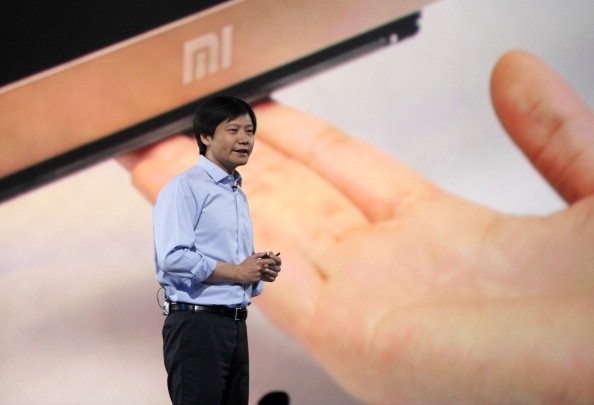Billionaire co-founder Lei Jun is seeking an image makeover for Xiaomi Corp. and wants it to be like Costco Wholesale Corp., the Washington-based retail giant that sells a multitude of products from diamond rings to wine and fruit at cheap prices.
Xiaomi's revenue will probably reach $15 billion this year as it adopts a new business model and fine-tunes operations, Lei, 47, said in a recent interview.
The Beijing-based Xiaomi was once compared with Apple Inc. for its sleek-looking smartphones and appealing leadership.
Lei aims to have 1,000 so-called MiHome retail stores with sales topping $10 billion annually in next three years.
MiHome stores will offer just two dozen Xiaomi products, according to Lei.
Pointing to a single line of $1 apiece writing pens, two types of air purifiers and three kinds of smartphones, he says he envisages selling no more than 100 product types in the coming years, versus the hundreds, or even thousands of stock-keeping units maintained by some manufacturers.
Lei said that Xiaomi has the "same value system as Costco" in wanting users to enjoy better but affordable products.
While Apple sells expensive products and dominates the $425 billion smartphone industry, Costco sells merchandise at thin profits while earning from its 35 million annual memberships.
Despite its image makeover, Xiaomi is still all set to take on the world's smartphone market.
However, Lei's goal is to pull in more revenue from apps and services, which delivered $1 billion in sales from 10-million-plus monthly active users last year.
He wants to bring Internet-inspired efficiency to offline commerce and is also turning to India to revive Xiaomi's fortunes.
In China, Xiaomi was toppled by rival brands like Vivo, Huawei and Oppo. Xiaomi only has a 10th of the shares of total smartphone sales in China.
According to Tarun Pathak, associate director at Counterpoint Research, Xiaomi, the top online-selling smartphone company in India over the past two quarters, is taking a risky approach. It will have to sell more high-end products with thin margins and also risk having its expenses go up when it goes offline.



























